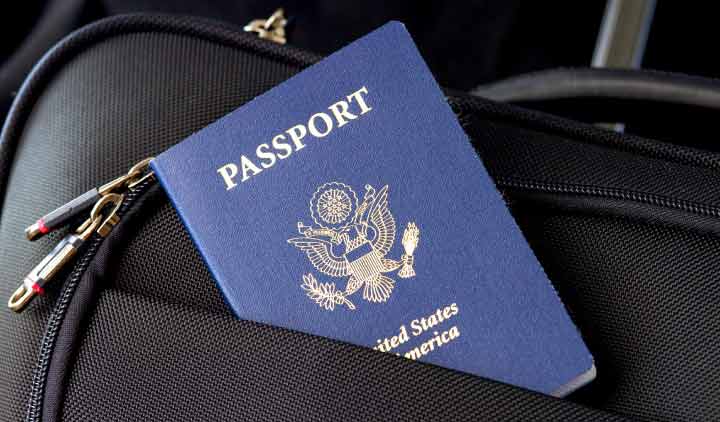The typical House member who cosponsored a measure removing per-country caps on green cards received three times more campaign contributions from the nation’s 10 largest tech companies than lawmakers who declined to cosponsor the bill.
The Fairness for High-Skilled Immigrants Act, introduced by Representative Zoe Lofgren, a Democrat from California, passed the House Wednesday by a 365–65 vote. The bill, which now must be approved by the Senate, seeks to eliminate a massive backlog of green-card applicants by scrapping the rule that allows no more than 7 percent of green cards to be given to citizens of one country.
Blast your resume to 1000 + Companies
The measure highlights the disparity between how lawmakers treat immigrants to Silicon Valley, the nation’s wealthiest region and home to tech companies that have poured money into political campaigns, and immigrants to the Rio Grande Valley, its poorest region and home to detention facilities where refugee children from Central America have been separated from their parents and kept in cages.
The bill passed by the House and supported by the tech industry is expected to benefit Indian and Chinese citizens, many of whom apply for green cards through the H-1B visa program for highly skilled workers. The law currently limits U.S. employers to hiring only 65,000 foreign employees under the H-1B program, plus another 20,000 with advanced degrees. Tech companies are among the biggest employers of H-1B employees, who make up as much as 13 percent of tech company jobs, according to a Goldman Sachs study. Critics of the H-1B program have argued that there’s plenty of evidence to show that it allows corporations to replace U.S. employees with lower-paid foreign workers.
The 10 largest U.S. tech companies have given more than $6.6 million in campaign contributions to House members since 2017, including $5 million to cosponsors of the measure. Google, the Mountain View–based advertising colossus, accounted for almost $2.2 million; Seattle-based Amazon gave almost $1.1 million; and Microsoft, based in Redmond, Washington, donated more than $1 million. Other major H-1B employers who donated to House lawmakers included Adobe ($26,700), Apple ($277,300), Cisco Systems ($330,000), Facebook ($649,400), IBM ($97,300), Intel ($596,300), and Oracle ($398,100).
Among the bill’s cosponsors, Representative Kim Schrier, a Washington Democrat elected in 2018, received the most money from tech companies. Schrier, a pediatrician, reported almost $245,000 in contributions from the 10 companies. More than two-thirds of her contributions came from Microsoft and Amazon.
Lofgren, whose district includes southeast San Jose, is a former immigration lawyer and “an established champion of top-to-bottom immigration reform.” She’s received almost $168,000 from the 10 largest tech companies since 2017.
House Minority Whip Steve Scalise, a Republican from Louisiana, was the leading recipient of tech company money among lawmakers who didn’t vote for the measure. The suburban New Orleans lawmaker, who received more than $62,000 from the 10 companies, was joined by eight Democrats and 56 Republicans in voting against the bill, which has been described in conservative circles as a “green card giveaway.”
This story was produced by MapLight, a nonprofit organization that reveals the influence of money in politics.
Source: http://bit.ly/30zth8A
Disclaimer:- https://bit.ly/2S00nLJ
SUBSCRIBE TO OUR LATEST UPDATES
[newsletter_signup_form id=1]

